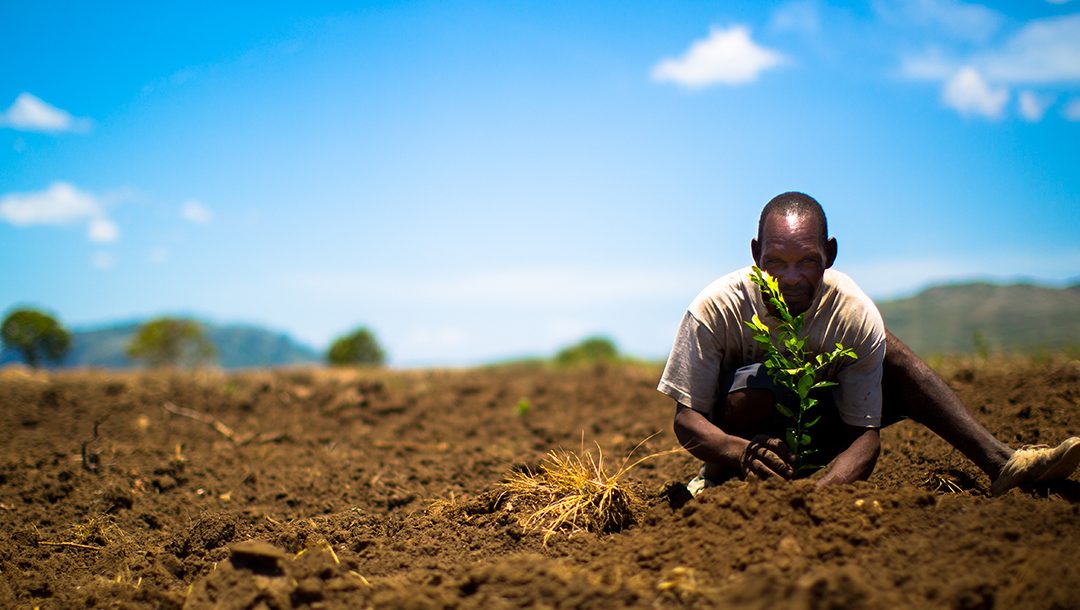A community effort makes a world of difference when it comes to reforestation. Working with the community to understand their needs and the barriers they face is vital to success. For the Ugandan farmers it was just a small hurdle that needed to be overcome…
Uganda has lost 63% of its forest coverage in the past 25 years through unsustainable tree-logging. Local farmers in Northern Uganda have seen their rainy season became shorter each year due to climate change and noticed the loss of soil quality and health due to deforestation. A situation that’s critically endangering their crops.
So the farmers of Paibona, Northern Uganda, have been eager to participate and help in reforestation and regeneration projects in order to sustain their futures and help the ongoing fight against climate change.
Local reforestation partners at Kijani Forestry work directly with 150 farmers in Paibona. They discovered that planting trees wasn’t the problem – after all farmers know how to grow things! The farmers main challenge had been getting access to tree seedlings. Trying to source them in the remote parts of Uganda was difficult. Establishing 7 new nurseries in rural communities overcame the problem. Once this simple, but key, problem had been solved, the results have been incredible – 115,000 trees planted so far with a higher than average survival rate. The trees are receiving personal care by farmers on hand and are also tracked with Greenstand tracking technology . This system logs the long-term ecological impact of the trees, monitoring location, growth and survival.
UGANDA SNAPSHOT:
Ugandan farmers have become dedicated to planting trees on their land and the project so far has:
• Planted over 115,000 trees in Northern Uganda
• Established 7 new nurseries in rural communities to grow the saplings
• Trained 150 farmers on agroforestry, intercropping and tree care
• Planted and plant two endangered tree species
• Inspired neighbouring communities to start planting trees too.
Never underestimate the power of the small things. 150 farmers now planting trees will also mean 150 families and a large community will develop their land in partnership with trees, they’ll grow better crops and we all get to benefit.








